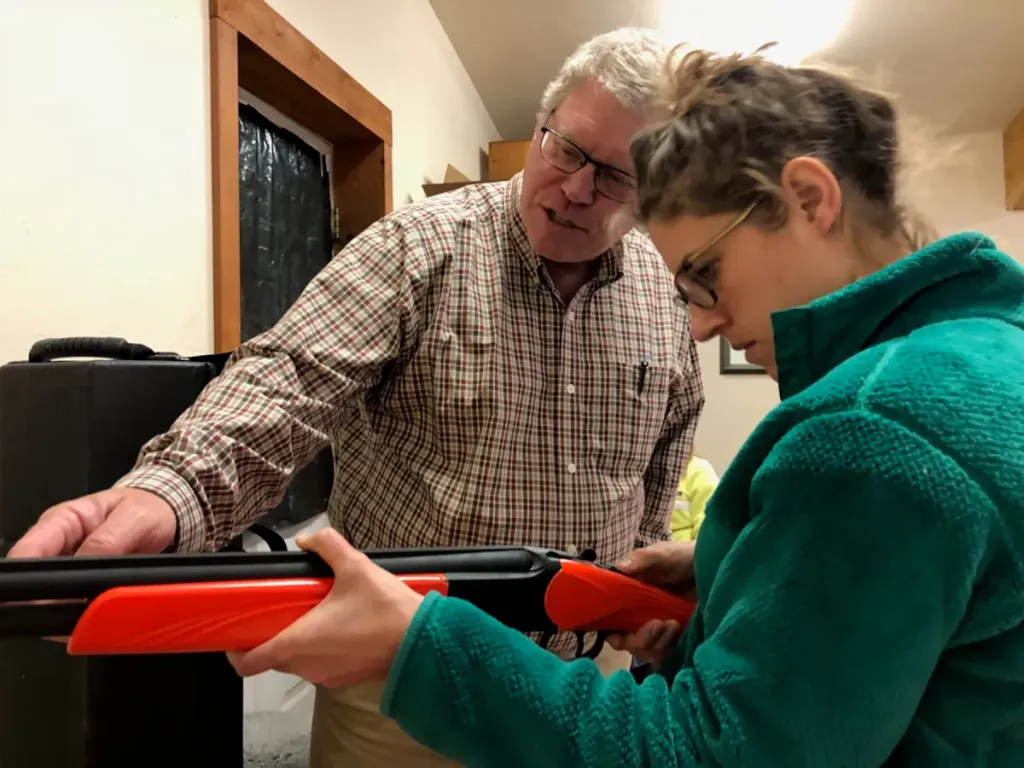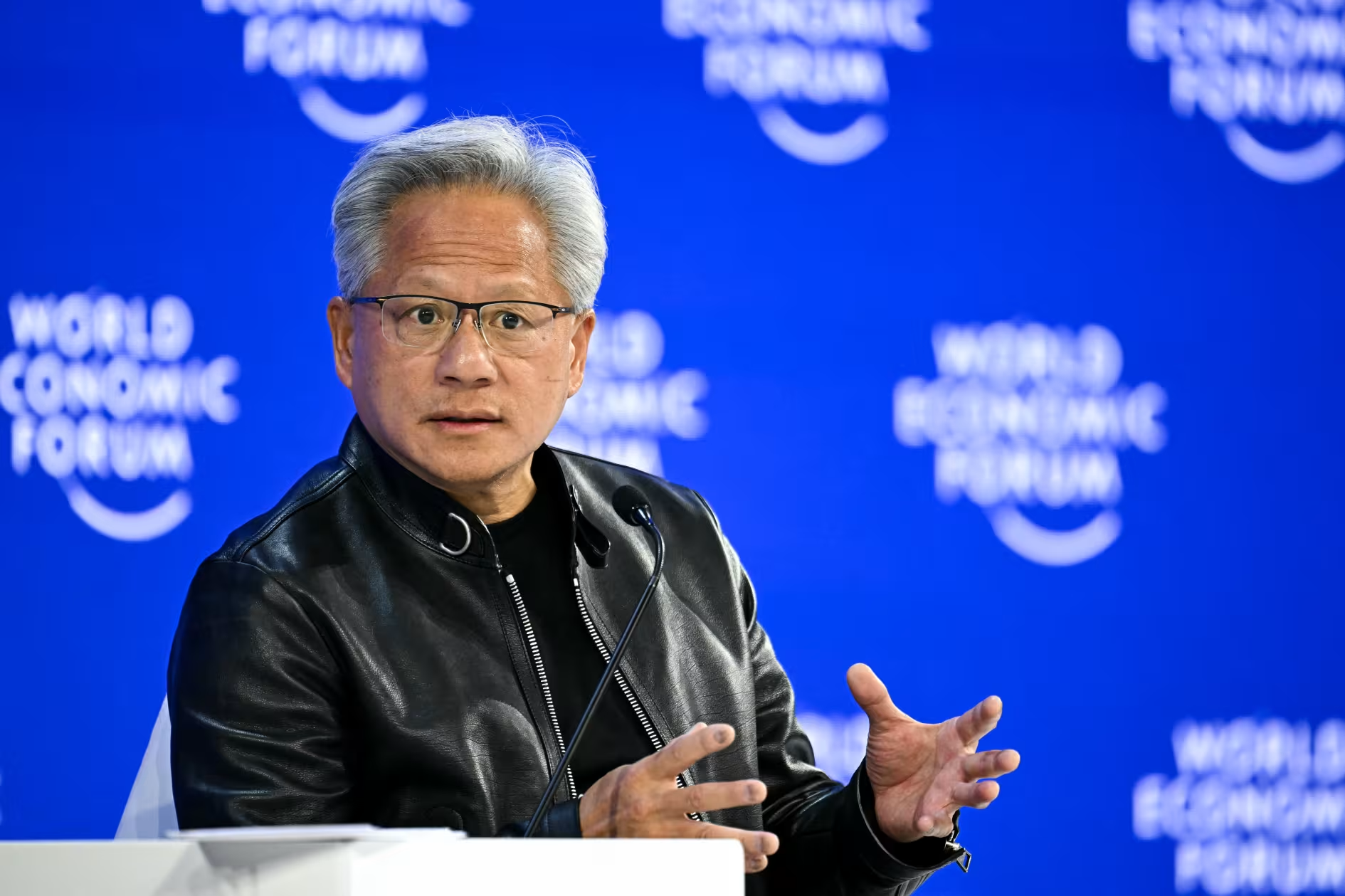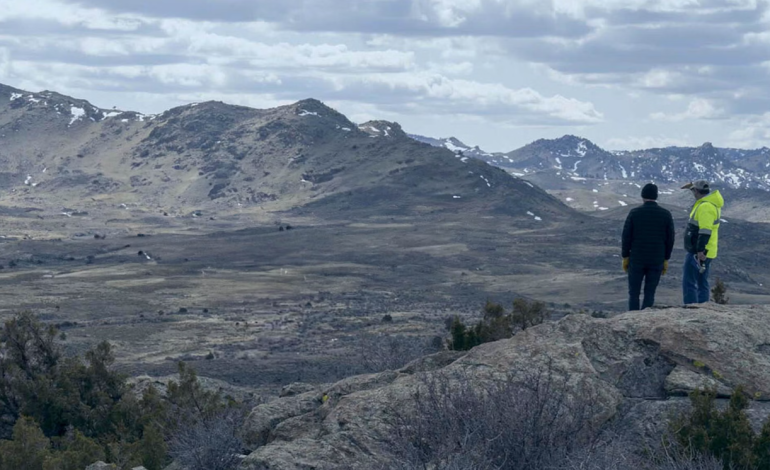With increasing national attention on strengthening the United States’ domestic supply of critical minerals, Wyoming’s rare earth mining companies are positioning themselves for what could be a major growth opportunity, Cowboy State Daily reports.
Industry leaders and policy makers alike see the state’s vast mineral resources as a key asset in reducing dependence on foreign sources—particularly China—for materials essential to modern technologies and national defense.
Wyoming is home to several rare earth mineral projects that are gaining momentum as demand intensifies. Melissa “Mel” Sanderson, a board director at American Rare Earths, highlighted the state’s potential, pointing to Halleck Creek—a deposit estimated to contain 2.63 billion tons of allanite—as one of the largest emerging resources in the US.
“There is an angle for Wyoming as it is the host of the single largest deposit and has a couple of other deposits in the critical minerals space including uranium,” Sanderson said in an interview with Cowboy State Daily. “Wyoming has the capacity to meet the urgent needs identified in the agenda for this hearing.”
Another significant project is the Bear Lodge mine near Upton, which recently secured $553 million in debt financing from the US Export-Import Bank. According to Kelli Kast, vice president of Rare Element Resources Ltd., the project focuses on processing one of the world’s premier bastnasite deposits and includes a demonstration plant with advanced rare earth separation technology.
Although Wyoming was not the direct focus, the US House Subcommittee on Oversight and Investigations held a hearing last week on the strategic importance of rare earth mineral development in the US. The hearing underscored concerns about the nation’s reliance on foreign suppliers, especially China, for critical components used in defense, energy, and technology sectors.
Rare Element Resources’ Kast welcomed the discussion, emphasizing that the current administration’s support for a domestic supply of critical minerals is vital to US economic and national security.
“Overall, we are incredibly pleased to see the administration and congressional focus on securing a secure domestic rare earth supply chain,” she said.
Industry stakeholders at the hearing also pointed out significant regulatory and logistical challenges. These include long permitting timelines, market uncertainties, and limited domestic processing capacity—factors that have historically slowed the growth of the US rare earth industry.
Rep. Gary Palmer (R-Alabama), who chaired the hearing, cited US Geological Survey data showing the US is fully dependent on imports for 12 critical minerals and at least 50% dependent for another 29.
“This is an economic issue and an issue of national security,” Palmer said.
A common theme throughout the hearing was the need to improve the domestic processing infrastructure. Abigail Hunter from the SAFE Center for Critical Mineral Strategy pointed out that despite mining potential, the US lags behind in refining capacity, with China controlling the majority of global rare earth processing.
“There’s a bottleneck in processing, and the US cannot secure its mineral supply chains without addressing that,” Hunter said.
Regulatory delays also surfaced as a key barrier. Some projects require more than 90 permits and may face wait times spanning decades before beginning operations. Rep. Dan Crenshaw (R-Texas) noted that restrictive laws and regulations have “made it virtually impossible” to develop new mines or processing facilities domestically.
Still, there are signs of progress. Sanderson noted that a uranium project in Utah recently received approval after a 14-day review, suggesting that efforts to streamline permitting could be underway. However, she also acknowledged criticism that such expedited timelines might limit thorough environmental and social reviews.
The hearing also revealed sharp political divisions over how to support rare earth development. Some Democratic lawmakers criticized Republican efforts to extend tax cuts for wealthy Americans, arguing that these do not directly contribute to building critical mineral infrastructure.
“Tax cuts for billionaires do not strengthen our supply chains,” said Rep. Yvette Clarke (D-New York). “They do not help build battery factories or rare earth recycling facilities.”
In contrast, Rep. Diana DeGette (D-Colorado) pointed to Democratic-led legislation such as the bipartisan infrastructure law and Inflation Reduction Act, which she said have directed substantial federal investment toward domestic manufacturing and mineral sourcing.
Despite the political tensions, stakeholders in Wyoming’s mining industry remain optimistic.
“We’re encouraged by the bipartisan support for solutions like permitting reform, federal incentives, and international partnerships,” said Kast. “These align with our mission to develop a sustainable domestic rare earth supply chain right here in Wyoming.”










The latest news in your social feeds
Subscribe to our social media platforms to stay tuned